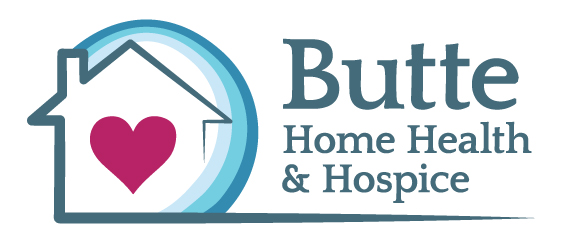Music is something people like to use to have fun and let their cares melt away. Music can affect us in many ways: We feel it as alive in us, bringing us into emotional states, accessing memories, and providing a shared experience. This is very true for seniors too. While we all know that music can alter moods and behavior, but there is science behind this therapy, and music therapy is much more than simply playing music. This is why music has become a popular form of therapy for older adults, as well as part of hospice and palliative care therapy. In this post, we’ll explore what music therapy is and the benefits it provides for seniors.
What is Music Therapy?
Music therapy involves a certified music therapist (MT-BC-certification board website is www.cbmt.org. ) who uses music to help support the development, well-being, and health of a client. Some examples include active music making (playing instruments), writing, and singing songs. Music therapists have a background in music and science, and understand how to use music to help support emotional responses, to help relieve pain, or to increase relaxation. Music therapy sessions are patient-centered and each session is designed to meet the needs of the individual. The music or songs used are based on patient preference, and the patient-therapist relationship is highly-valued.
Music and Stress Reduction
By applying the principles of music therapy, the music therapist individualizes the elements of music, musical engagement, and the scientific literature that addresses stress, anxiety, depression, loneliness, social isolation. Research shows that in a directed therapy setting, music therapy improves stress management and immune system function. Put simply, music has been shown to help people relax and raise their spirits.
Music Stimulates the Mind
Music stimulates the brain in a way that nothing else can quite measure up to. It keeps your mind engaged and moving along as you age. Research done with music and the mind has shown that it:
- Improves sleep quality, mood, and memory
- Reduces pain, high blood pressure, and anxiety.
One reason why music has so many benefits is the structure itself. It creates relationships between notes, which causes the brain to work harder to make sense of what was heard.
Music Therapy, Memory, and Emotion
Evidence has shown the benefits of directed music therapy in persons with Alzheimer’s, depression, and anxiety disorders, to name a few. By identifying the best tools for an individual and following up in therapy sessions, the music therapist guides recovery. Because music is stored in multiple regions of the brain, using music allows a person to access those regions that may be less injured to facilitate improvement. Although some illnesses are progressive, such as Alzheimer’s, improved communication and emotional facilitation can be achieved by tapping into the individual’s music memory.
Persons with Parkinson’s disease, traumatic brain injury, and gait disorders have been shown to benefit from specific therapeutic modalities directed under the therapist. The brain systems that are involved in hearing and moving automatically work together to move to a beat. This allows for rhythm and music to be an effective treatment for physical rehabilitation and maintenance following a neurological diagnosis, such as a stroke.
Music Therapy, Communication, and Speech
When used as therapy, music has been shown to improve decision-making and speech accuracy in seniors. It can also help slow language and speech deterioration in seniors with dementia. Those who have had problems with speech due to stroke or another impairment can use music vocalization to help retrain them. This includes symptoms such as fluency, speech volume, clarity, and swallowing, which are addressed through several rehabilitative music therapy techniques.
It is also important to pay attention to general vocal health as we age. Vocal health begins to decline in our 30s and 40s. Most people won’t notice the subtle changes in vocal coordination, hydration, or strength. However, for many this may become a vocational and/or avocational challenge. A music therapist can provide voice, breath, and articulation exercises designed to maintain or improve general vocal health
Therapy provides seniors with multiple benefits, especially when they can do therapy in their own home. We’re proud to offer experienced and certified Music Therapists through our hospice program. You can learn more at Butte Home Health .
Written with input from Erin Haley, MA, MT-BC, Neurologic Music Therapist (www.haleymusictherapy.com)







